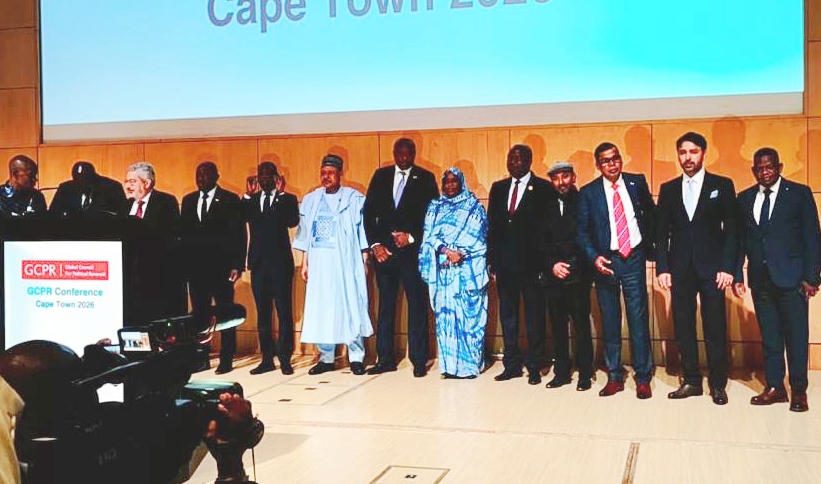The Gambia’s Minister of Trade, Industry, Regional Integration and Employment, Baboucarr Ousmaila Joof, today provided an update on the country’s food stock levels, highlighting the availability of essential commodities such as rice, sugar, flour, edible oil, onions, potatoes, and chicken.
As of March 4th, the country had 24,973 metric tons of rice in stock, with an additional 2,295 metric tons expected to arrive by March 15th. Similarly, the country had 17,115 metric tons of sugar in stock, with an additional 5,000 metric tons expected to arrive soon. The Minister also mentioned that there is no shortage of flour, with 1,703 metric tons in stock as of March 4th.
In terms of edible oil, The Gambia currently has over 3 million litres available. For onions, the country had 309 metric tons in stock, and for potatoes, 270 metric tons. Additionally, there were 200 metric tons of whole chicken and 2,033 metric tons of chicken legs available as of March 4th.
Looking ahead, Yuna Enterprise is expecting 15,000 metric tons of rice from Pakistan, and there are also 180 containers of rice heading to Banjul before the end of March. The stock levels of sugar, flour, edible oil, onions, and potatoes have all increased in March compared to February 2024.
In terms of local production, MK Agrofarms is expected to produce 4,000 metric tons of onions this year, up from 2,500 metric tons last year. Emei Karafi Food is also expecting to harvest 1,500 metric tons of onions, which will be in the market around the end of March. Bakaf, another industrial producer, is expecting an output of 2,500 metric tons of onions this year.
Overall, Minister Joof assured the public that based on current stock levels and production projections, The Gambia is comfortable with food supplies for the whole of Ramadan, right up to the end of March and into April. He emphasized that even if new stocks were not to arrive, the country has enough to feed its population.
The Ministry’s efforts, in collaboration with local producers and suppliers, aim to ensure food security and stability in the market, particularly during significant religious observances such as Ramadan and Lent.










